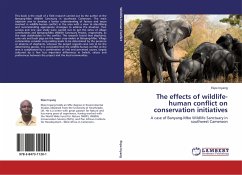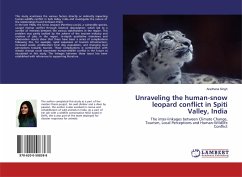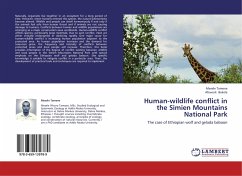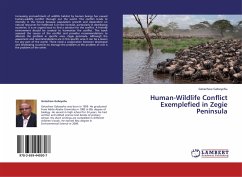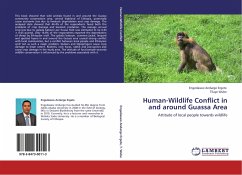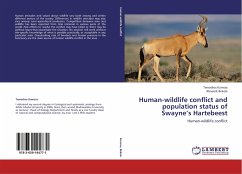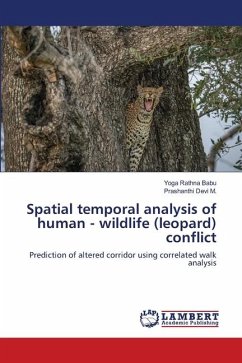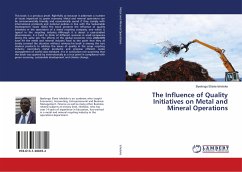This book is the result of a field research carried out by the author at the Banyang-Mbo Wildlife Sanctuary in southwest Cameroon. The main objective was to develop a better understanding of factors and issues involved in wildlife-human conflict in the area with a view to identifying and recommending appropriate strategies to address the situation. Two surveys and one case study were carried out to get the views of village communities and Banyang-Mbo Wildlife Sanctuary Project, respectively, as the main stakeholders in the conflict. The research found that elephants, cane rats and bush pigs are the major crop-raiders at Banyang-Mbo. Village communities consider crop-raiding levels to be determined by the presence or absence of elephants, whereas the project regards cane rats to be the determining species. It is concluded that the wildlife-human conflict at the area is complicated by a combination of real and perceived causes, largely coloured by a few but important differences inbeliefs, values and preferences between the project and the local communities.

